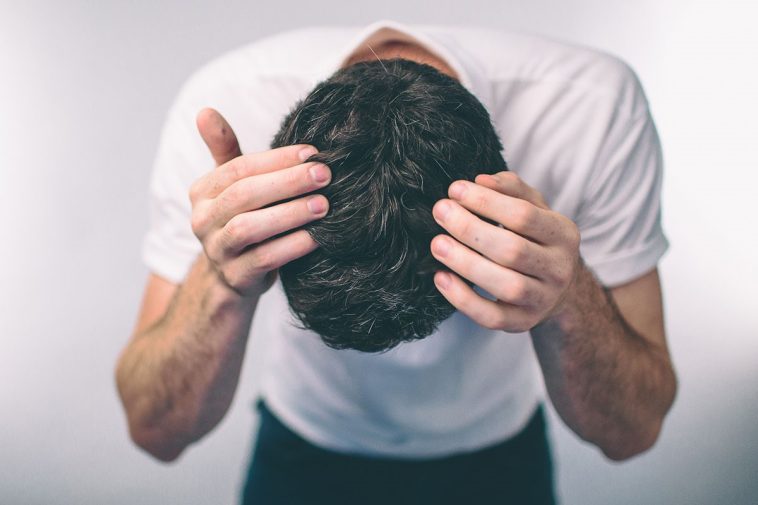- 102shares
Are you told by loved ones that you snore while you sleep? Do you often wake up with a headache? Do you find yourself excessively tired throughout the day?
If your answer to any of those questions is “yes,” then you may have what is known as sleep apnea – a condition that causes your breathing to be interrupted while you sleep. There are two kinds of sleep apnea: central and obstructive, with the latter being more commonly diagnosed.
If left untreated, the condition can lead to several heart-related health problems, including putting you in the higher risk category of developing a stroke.
In this article, we’ll be diving deeper into how your sleep patterns can have an effect on your heart and what you can do to fix this.
Keep on reading to learn more about this crucial health-related link.
Protecting Your Heart
Heart problems are a leading cause of death all around the world and can strike unexpectedly. Whether it’s a heart attack, coronary artery disease, cardiac arrest, or a stroke, the consequences can often be severe.
According to the Centers for Disease Control (CDC), every 36 seconds a person in the U.S. dies due to some type of cardiovascular disease. Conditions related to heart complications can strike at any age, no matter your sex or ethnicity.
While most people are encouraged to look toward their diet and exercise routine to cut the risk, there’s another factor that is widely ignored or dismissed, and that’s sleep.
As surprising as it may sound, according to a recent study by JAMA Network Open, obstructive sleep apnea was directly associated with the forming of white matter hyperintensities, which are lesions in the brain often linked to Alzheimer’s, strokes, and possibly death.
According to the research, the development of these white matter lesions can triple the likelihood of having a stroke in your sleep.
Who Is at Risk?
While anybody can fall victim to sleep apnea at any point in their lives, certain factors suggest that some people are more prone to developing the issue than others. For instance, men are slightly more at risk than women.
Other risk factors include advanced age, being overweight, high blood pressure, smoking, and having any type of nasal congestion. It’s also been found that those who suffer from conditions such as Diabetes type 2 or a family history of sleep apnea are more likely to develop it as well.
What to Do If You Think That You’re at Risk
Luckily, there are things you can do to decrease your risk of developing sleep apnea and subsequent heart-related issues. Or, if you already suffer from the condition, there are ways to treat it.
Significant lifestyle changes, such as eating a healthier diet, weight loss, reducing your alcohol consumption, and quitting smoking can all contribute to lowering your risk of developing sleep apnea.
However, if your symptoms are more severe, you might consider the use of a CPAP machine. The machine is designed with those who suffer from obstructive sleep apnea specifically in mind. It uses a hose and mask or a nosepiece to provide you with a consistent stream of air that is oxygenated while you sleep, allowing you to breathe with more ease throughout the night.
Guarantee a Good Night’s Sleep
While not everybody that snores necessarily suffers from sleep apnea, it’s important to rule it out. It’s always better to be safe than sorry.
If you’ve experienced any sleep obstruction, it’s worth letting your doctor know as soon as possible. From there, they can refer you to a sleep study and give you the right advice moving forward. If caught in time, the problems with sleep apnea can be significantly reduced, mitigating any future risk of developing heart-related problems.
Do you suffer from obstructive sleep apnea? If so, what do you do to treat it? We’d love to hear about your experience. Let us know what you think in the comments below.
,










